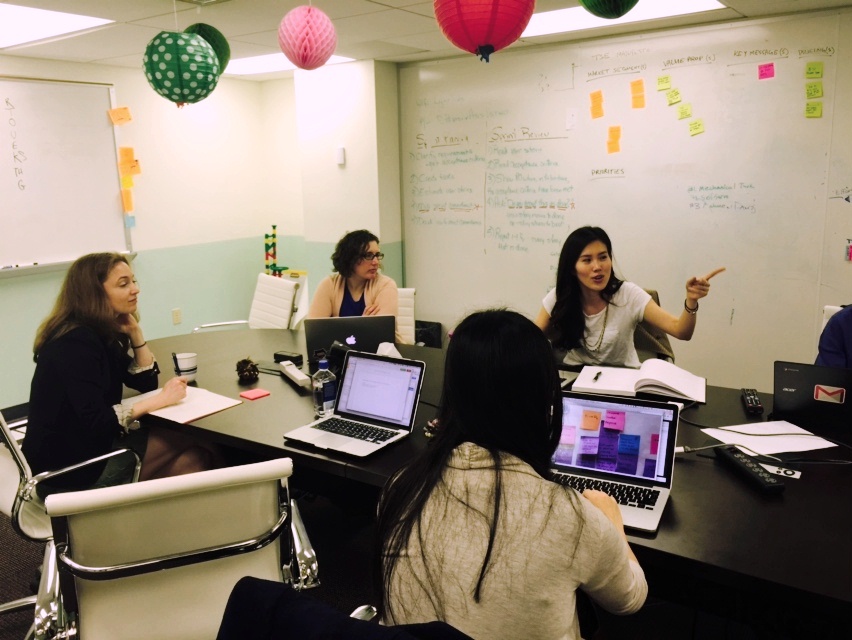Master of Educational Technology and Applied Learning Sciences: Program Overview
“One finds limits by pushing them.” ~Herbert Simon
METALS is an intense, interdisciplinary program that condenses a normal two-year graduate program into twelve months. The program is taught jointly by leading experts in the Human-Computer Interaction Institute and the Department of Psychology at Carnegie Mellon. METALS is also part of Carnegie Mellon University’s Simon Initiative.
The first and second semesters in the METALS program focus on mastering core knowledge and skills through courses in learning principles, technology design and implementation, and a range of engaging electives. The second semester introduces the student Capstone Project, a substantial industry project with an external client. The Capstone is the focus of the third and final semester.
This program is distinct from the Learning Sciences track in the HCII PhD program and is not designed as a feeder to that program.
Program Goals:
Graduates of the METALS program are trained to design, develop, and implement advanced solutions, making sense of state-of-the-art technologies and methods such as:
- Artificial Intelligence
- Machine Learning
- Language Technologies
- Intelligent Tutoring Systems
- Educational Data Mining
- Tangible Interfaces
Upon completion of the METALS program, graduates:
- Understand how these technologies can be applied to engineer and implement innovative and effective educational solutions.
- Understand cognitive and social psychology principles relevant to research-informed instructional design.
- Possess the instructional and interaction design skills needed to create solutions that not only enhance learning, but are also desirable.
- Understand the role of and have skills in using psychometric and educational data mining methods in evaluating and improving educational solutions.
- Develop continual improvement programs that employ in vivo experiments and educational data mining to reliably identify best practices and opportunities for change.

More information can be found in our student handbook.
Carnegie Mellon METALS Faculty Reflect on the METALS Program

“METALS is at the crossroads of computer science, cognitive science, education, statistics, and design. We train students to apply evidence-based research and data-driven methods to design and improve innovative educational techniques and technologies. The program is distinct in building our faculty’s past successes in bringing research-based innovations to schools. We seek applicants from a variety of backgrounds and support them in learning through collaborative innovation of real educational products. As such our students don’t just learn from us—they learn from each other and from real-world experience.” ~ Ken Koedinger, Ph.D. — METALS Founding Director; Hillman University Professor, HCII and Psychology
“In the era of AI and big data, the METALS program provides students with the critical skills to be a leader in educational technology. We are at the forefront of using Educational Data Mining and Intelligent Tutoring Systems to truly personalize learning. Our curriculum doesn’t just teach you about these technologies—it empowers you to design and build them. We train students to collect and analyze large-scale learning data to inform instructional decisions and create more effective, data-driven educational technologies founded on the learning sciences. Our students learn to not only understand how technology works but also how to use it to create better learning outcomes for everyone.” ~ John Stamper, Ph.D. — METALS Program Director; Associate Professor, HCII

Program History

The curriculum is an outgrowth of the extensive research conducted by the National Science Foundation’s Science of Learning Center, LearnLab, in which more than 200 researchers produced more than 2,000 publications and talks as well as over 360 classroom studies from 2004 through 2015. LearnLab partners have employed our research at their own organizations including Kaplan, LightSide Labs, Playpower Labs, Acrobatiq, Carnegie Speech and many others.
Carnegie Mellon is known by the software and technical industries for its interdisciplinary nature, rigor and deep knowledge in learning science, human-computer interaction, psychology, design and computer science.
